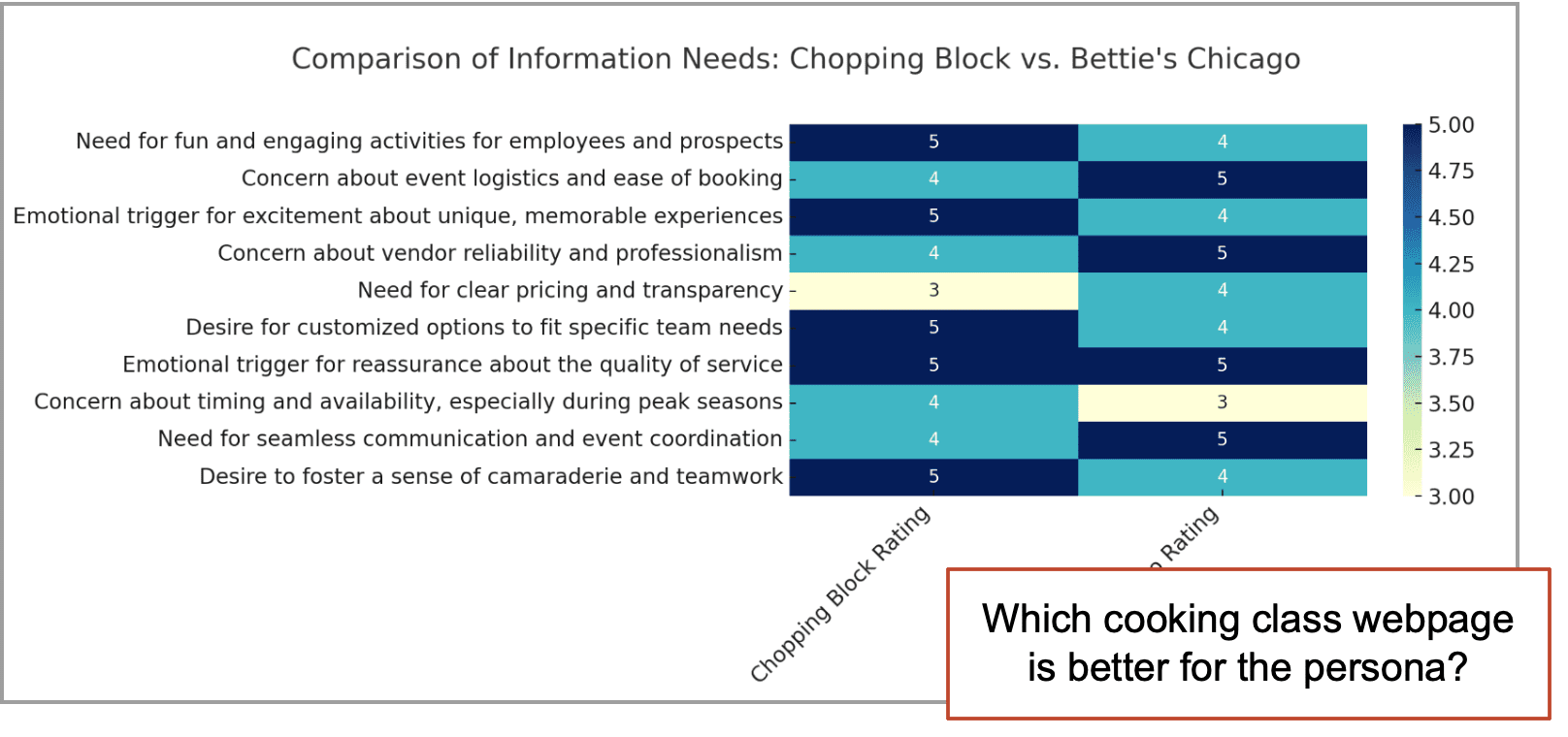7 Common Mistakes Patients Make When Managing Chronic Conditions
Managing chronic conditions can be challenging. Discover the 7 common mistakes patients often make and learn how to avoid them for better long-term health and quality of life.

Managing chronic conditions requires more than simply following a doctor's orders; it demands active participation, awareness, and consistent healthy habits. Many patients unknowingly make mistakes that can hinder their progress, worsen symptoms, or lead to complications.
Knowing these common mistakes is important to improving the quality of life and achieving better health outcomes. This article highlights seven mistakes patients make when managing chronic conditions and offers practical advice to avoid them, empowering individuals to take control of their health journey.
1. Poor Medical Attention
One of the most critical mistakes is failing to take medications as prescribed. Patients may skip doses, stop taking medication once symptoms improve, or alter the schedule without consulting their doctors. Such behaviors can lead to symptom flare-ups, disease progression, or drug resistance. Chronic conditions often require complex medication regimens, sometimes involving multiple drugs with potential interactions. Managing these regimens can feel overwhelming.
The best thing to do is to consult with a family doctor in Seaford, DE, who can provide clarity and support to help you stay consistent with your medicines. These healthcare professionals can also help simplify medication schedules, which can improve compliance.
2. Ignoring or Delaying Medical Care
Delaying medical appointments or ignoring worsening symptoms is a common but dangerous error. Chronic diseases often evolve gradually, and early intervention can prevent complications. Waiting too long to seek help may result in more intensive treatments or hospitalizations.
Regular check-ups and timely reporting of new or worsening symptoms to healthcare teams ensure that conditions are closely monitored and managed proactively. Patients should be encouraged to schedule routine visits and not hesitate to contact their doctors if they notice any changes in their condition. Early detection of issues often leads to better treatment outcomes and fewer emergencies.
3. Avoiding Physical Activity
Many patients with chronic conditions, such as arthritis or chronic pain, avoid exercise, fearing it will aggravate their symptoms. However, appropriate physical activity is crucial for maintaining mobility, reducing pain, and improving overall health.
Tailored exercise plans developed with physical therapists can help patients stay active safely. Even gentle activities like walking, swimming, or yoga can make a significant difference in managing chronic conditions. In addition to physical benefits, regular exercise can improve mood and energy levels, which are often affected by chronic illness.
4. Hesitant Communication with Healthcare Providers
Effective chronic condition management depends on clear, honest communication with healthcare providers. Some patients hesitate to share all symptoms or concerns due to fear of judgment or wasting time. This can lead to incomplete assessments and suboptimal treatment plans.
Patients are encouraged to openly discuss their experiences, ask questions, and clarify instructions. Building a trusting relationship with healthcare providers helps ensure that you receive personalized and effective care. It is also crucial for patients to prepare for appointments by keeping a symptom diary or a list of questions to maximize the value of each visit.
5. Neglecting Mental and Emotional Health
Chronic illnesses often take a toll on mental health, leading to anxiety, depression, or stress, which in turn can worsen physical symptoms. Ignoring this aspect can undermine overall well-being and hinder the recovery process.
Integrated care that includes counseling, stress management techniques, and support groups provides essential emotional support. Recognizing and addressing mental health is a vital part of comprehensive chronic disease management. Patients should be encouraged to seek help early and consider mental health as equally important as physical health in their treatment plans.
6. Misuse of Medical Devices and Treatments
Improper use of medical devices, such as asthma inhalers or wound care products, can make treatments less effective. Patients may not receive adequate training or may forget proper techniques, leading to poor symptom control.
It is important to seek demonstrations and guidance from healthcare providers or nurses on using devices correctly. Regularly reviewing the technique helps maintain treatment effectiveness and avoid complications. Additionally, patients should be encouraged to ask for refresher training whenever necessary to stay confident in their self-care routines.
7. Poor Lifestyle and Dietary Choices
Lifestyle factors such as diet, smoking, alcohol use, and sleep habits significantly impact chronic condition outcomes. Neglecting recommended dietary guidelines or continuing unhealthy habits can worsen symptoms and reduce medication effectiveness. Following an expert-approved diet, avoiding harmful substances, and prioritizing good sleep hygiene are essential steps in managing chronic diseases. Small, gradual changes often lead to better long-term success than drastic, short-term efforts.
Final Thoughts
Successful management of chronic conditions requires vigilance, education, and a strong partnership with healthcare providers. Avoiding these seven common mistakes can significantly improve quality of life and reduce the risk of complications.
For individuals in Delaware seeking personalized, compassionate care, family doctors in Seaford, DE, offer expert guidance tailored to each patient's unique needs. Alphacare Medical focuses on a comprehensive, patient-centered approach that encompasses physical, mental, and emotional health. Partnering with experienced providers allows patients to develop comprehensive care plans aligned with their lifestyles and health goals.













































































































![Are AI Chatbots Replacing Search Engines? AI vs Google [New Research]](https://www.orbitmedia.com/wp-content/uploads/2025/05/How-often-are-we-using-AI-chatbots_.webp)


















































